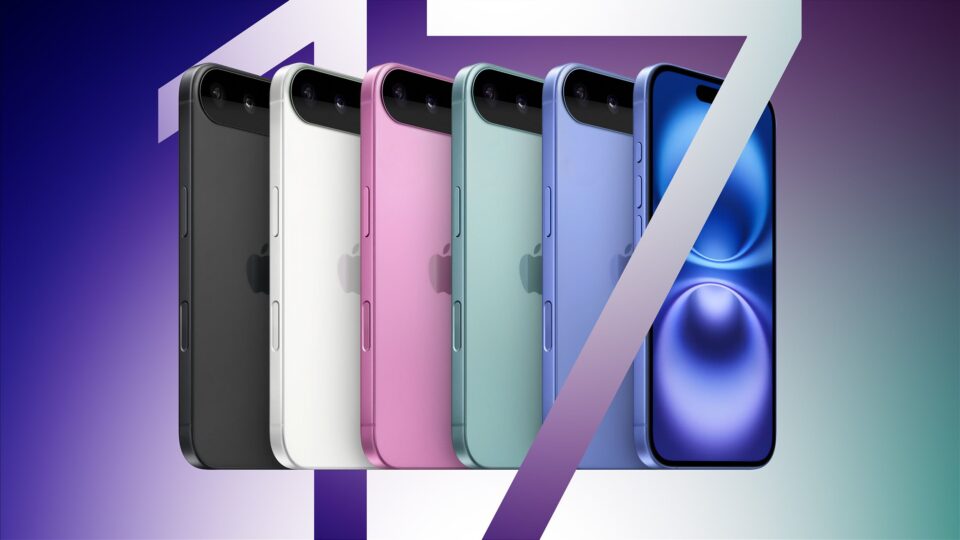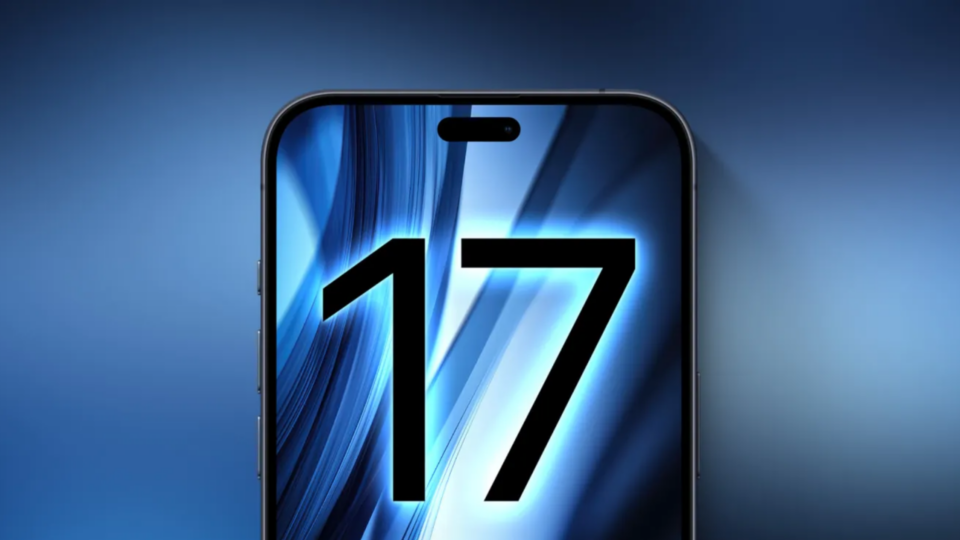
By default, WhatsApp messages will be deleted when a new conversation is opened
Users of the world’s most popular instant messaging service may now opt to have all new communications they send or receive erased as WhatsApp expands its capabilities for what one executive hailed as the next privacy standard. Over 2 billion people worldwide use the Facebook-owned service, which on Monday introduced an option to activate the ephemeral function by default in all new conversations. Users had to explicitly activate ephemerality for each new conversation before Monday’s upgrade.
Besides the seven-day timeframe it first debuted the function with last year, WhatsApp is now now allowing users to make their communications vanish after 24 hours or 90 days. In an interview with TechCrunch, Zafir Khan, WhatsApp’s director of Consumer Product, claimed that “ephemerality offers you the room to hold discussions in a more open and honest manner.” In an effort to minimise unpleasantness with their friends, the WhatsApp team listened to user comments while designing these new alternatives, he added, adding that the new options would be available to all users.
If one of the participants in a discussion has activated the ephemerality option, the communications will vanish after a certain amount of time. Additionally, WhatsApp is allowing group members to choose whether or not to include this option in their messages at the time of group setup. WhatsApp looks to be placing a high priority on ephemerality as it strives to grow its service. “WhatsApp has always placed a high value on user privacy. In the early days of texting, “we implemented end-to-end encryption and made it default,” he added.
We see ephemerality as a new norm in communicating, he said. Mark Zuckerberg, Facebook’s CEO, said in a blog post, “Not all communications need to stay forever.” The architecture of fading communications is not perfect, to be sure. If the person you’re sending the messages to doesn’t want to comply with your request, there is nothing more that can be done other than not engaging with them.



